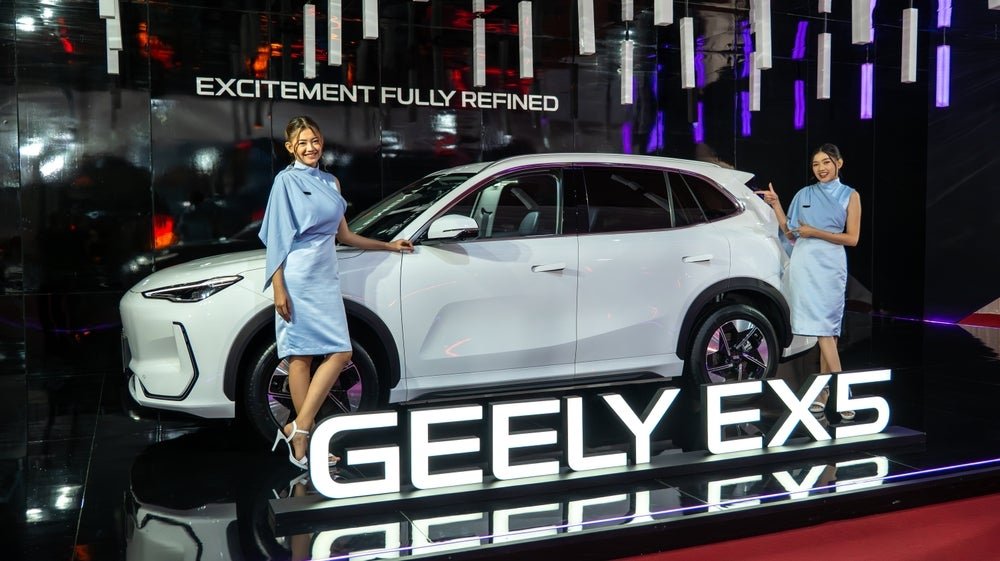“We’re not here simply to sell cars, we’re here to bring a better EV solution to customers,” says Mike Yang, General Manager of Geely Auto UK, speaking exclusively about the company’s long-term ambitions in Britain.
When Geely Auto UK confirmed plans last month to sell 100,000 vehicles a year and launch 10 new electric and plug-in hybrid models within three years, it signalled an ambitious Chinese entry into the UK’s electric vehicle (EV) market.
Yang acknowledges the UK’s maturity and competitiveness but insists there is still “great potential and opportunity for new energy vehicle brands.” Despite a crowded field, he says Geely sees space for growth driven by “government policy, infrastructure development, and evolving customer preferences.”
The company’s first model, the EX5 SUV, starts from £31,990, positioned against Tesla’s Model Y, with local hiring of around 300 staff already planned. And while imports will dominate initially, Yang says local production remains on the table, “if we find that local production has more of an advantage, we’re open to that.”
Geely’s arrival comes at a critical moment for the UK’s car industry. The government aims to produce 1.3 million vehicles annually by 2035, almost double the 755,000 units expected this year, according to the Society of Motor Manufacturers and Traders (SMMT).
SMMT Chief Executive Mike Hawes has warned that the UK must attract “at least one, if not two new entrants” if it is to meet production targets. Geely’s investment fits that brief, but also highlights the difficulty of sustaining large-scale automotive manufacturing in Britain.
Despite active government lobbying, Chinese manufacturers have favoured other European bases. In Turkey, both BYD and Chery have announced $1 billion EV plants, taking advantage of tariff-free EU access via the customs union. Hungary hosts BYD’s first European passenger car factory, and Spain has drawn Chery and Leapmotor into joint ventures at former Nissan sites.
The UK faces headwinds from high energy and labour costs and supply chain vulnerabilities. Nissan’s Sunderland plant, the country’s largest, is operating below capacity amid global restructuring. Meanwhile, Jaguar Land Rover (JLR) suspended production for more than a month after a cyberattack on 1 September, which reduced UK vehicle output by over a third in September alone.
Yang acknowledges the challenge. “It takes a long time to build a supply chain, but it’s very easy to destroy one,” he says. “Governments need to ensure stability and confidence for OEMs, because on the supply chain rests the efficiency, cost and quality of what we produce.”



